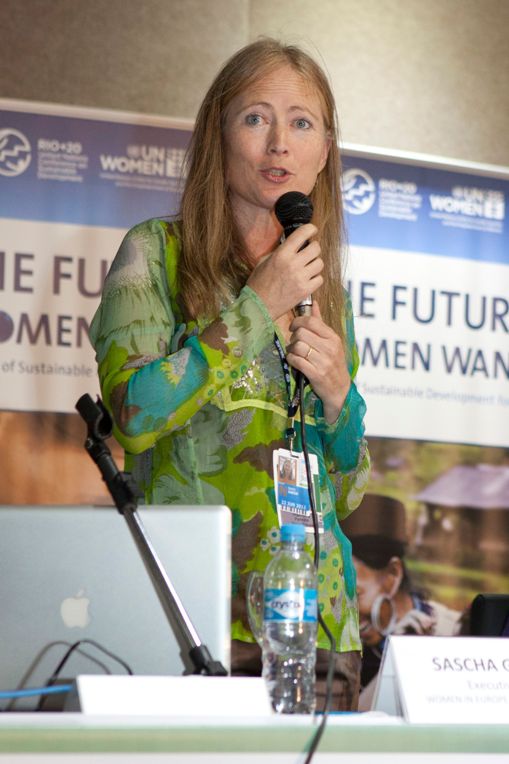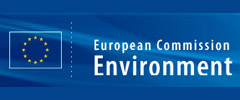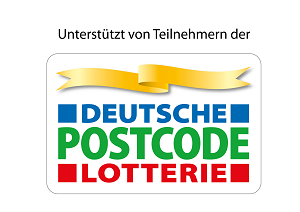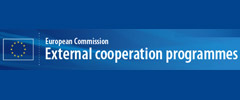Sascha Gabizon, Executive Director of Women in Europe for a Common Future (WECF) speaks at the UN Women Leaders Forum
Sascha Gabizon, Executive Director of Women in Europe for a Common Future (WECF) speaks at the UN Women Leaders Forum ahead of the Rio+20 UN Conference on Sustainable Development in Rio de Janeiro, Brazil.
24.06.2012 |WECF news

Sascha Gabizon, Photo Credit both photos: UN Women/Fabricio Barreto
On 19 June at The Future Women Want: Leaders’ Forum on Gender Equality and Women’s Empowerment for Sustainable Development, hundreds of representatives from government, UN heads of agencies, civil society and the private sector made their voices heard at a full-day forum organized by UN Women in collaboration with the Government of Brazil and other partners. Ms. Bachelet delivered opening and closing remarks. Highlighting that gender equality is fundamental to a sustainable future the event amplified women’s voices and showcased innovative strategies that are making a difference in communities across the world.
One of the speakers during the Women Leaders Symposium was WECF Director Sascha Gabizon. She represented the Women's Major Group's main priorities for Rio+20.
Intervention by Sascha Gabizon on key points of Women Major Group 19 June, Women Leaders Symposium (PDF)

Excellency’s, Ladies and – as I see a few – also Gentlemen-women-supporters. Good morning! It is an honour to be invited to represent the women’s major group’s main priorities for Rio+20.
My name is Sascha Gabizon, director of an international network called WECF Women in Europe for a Common Future.
Our organisation is one of 3 organising partners for the women’s major group, and one of a core group of very hard-working women’s networks from 200 women’s organisations from around the world, which have been preparing the Rio+20 summit for the last 2 years.
I would like to honour the hard work and solidarity among these organisations and would like to call on the core partners to stand-up;
- DAWN, Development Alternatives with Women for a new Era, Anita Nayar
- WEDO, Women Environment Development Organisation, Eleanor Blomstrom
- VAM, Voices of African Mothers, Mekdes Ghebrer/Nana Fosu Randal
- ENERGIA, Sheila Opoaracho
- GFC, Global Forest Coalition
With 70 organisations we prepared our global input for the zero draft of the Rio+20 summit, which is online and women organisations continue to sign up to it, -- there are now almost 400 women’s organisations which endorsed it.
We have carried out a global survey online to reach out to even more women and get their input and voice heard, over 1500 women responded on online survey, and we held consultations in person and virtual. In total we got the voices of almost 2000 women. Responses came from over 53 countries, from all continents. All these voices have helped to prepare our common position, which we are presenting here in Rio.

The responses have been analysed and presented in graphs and quotes, but as it would take much longer than the 5 minutes I have to my disposal, we have put them together in a report, which I am very honoured to present here and now, to Under-Secretary General Bachelet on behalf of the women’s major group!
Let me however briefly give you the key points from the Survey and consultations.
- Participation: Full, equal and meaningful participation of women in all sectors and at all levels
- Equitable Economy: Valuing the care economy
- Health; The right to health, a healthy environment, and access to Health care services, including Sexual and Reproductive Rights and Health
- Poverty: Eliminating female poverty amongst others through a global Social Protection Floor
The situation for women’s rights has taken a dramatic turn yesterday when negotiating the language on sexual and reproductive rights. Governments were even questioning the entire link between women’s rights and sustainable development!
We have requested UN Security to give us their agreement for a silent demonstration for today.
Now lets come back to the 4 key points from the Survey.
Full, equal and meaningful participation. In Egypt we have just had elections, and the women in parliament can be counted on one hand, less than 3%. Egypt used to have quota’s and had many excellent members of parliament and government. The quota’s have been abolished. The women who were leaders in the Arab Spring revolution, are now being send back into the shadows. Quota’s have proven to be among the most effective measures. We were very much supporting the Icelandic text proposal for the Rio outcome document, which called for national instruments aiming at 40% women in leadership positions by 2020. We lost that specific time line, but we now have to fight to keep the alternative language, which aims at gender parity.
But more is needed than quota’s for women in public and private sector leadership positions. We need to insure child-care, health care and basic services, to allow women to fully participate.
In the Rio Outcome document we need to assure women’s leadership in the new intergovernmental processes as proposed in the new Brazilian text, the one on finance and the one on Sustainable Development Goals. When the outcome document says that geographical balance should be assured, we need to insist to add just one word, gender: geographical and gender balance.
Equitable Economy: Valuing the care economy: women’s unpaid work, caring work, indigenous women’s conservation of agro-biodiversity, all these are not valued. In many countries women work in majority in the informal and precarious sectors, they are invisible. We need to agree in Rio to move beyond Gross Domestic Product (GDP) as the only indicator of progress. We need indicators which truly wellbeing and the contribution of women. The GDP is gender-blind. “The GDP measures many things in our lives, except that what makes our lives meaningful”, said Robert Kennedy already 30 years ago. Women’s unpaid labour is by some estimates equivalent to at least half of a country's GDP .
Yesterday, the new Brazilian proposed outcome document was further weakened on this point of new measures for wellbeing, and placed it right at the bottom, as a topic of least priority.
Health. Women and poor depend most of all on a healthy environment for their livelihoods. “The Economics of Ecosystems and Biodiversity” – TEEB – study shows that intact ecosystems assure the survival of the poorest – in majority women - ; they depend for 80% on functioning ecosystems. If we destroy and pollute our environment, we destroy poor women’s livelihoods.
• Testimonries of our sisters fromJjapan, Kazakstan, Ukraine, Niger, most of us feel that after Fukushima, the immense risk to our health of nuclear pollution and the unacceptable cost of nuclear energy should have been in the ..
• We are therefore very unhappy with the pro-mining text in the document, mining is one of the most destructive and polluting sectors, and we need to add language on safeguards and corporate accountability, for cleaning up, and avoiding pollution, in particular radioactive pollution from uranium mines.
But the most important health issue is women’s sexual and reproductive health and rights; every day 2000 women die because they do not have access to sexual and reproductive rights and health. In many countries women are imprisoned for such things.
And finally, on Poverty:
We are also very worried about “landgrabbing”, women subsistence farmers cannot compete with international seed and agro-corporations. Unfortunately the current paragraphs on TRADE, want to make this Rio process dependent on the World Trade Organisation. But many developing countries are not in the World Trade Organisation, and the TRIPS agreement is extremely negative for them, where it says on “mutual agreed terms” it really means agreed between elephants and mice – the elephant being the powerful corporations of the US, Canada, Australia and Europe, and the mice being the many developing countries, which can not protect their local markets, not even to protect human health and the livelihoods of poor women. Not even against radioactive waste, banned toxic pesticides or asbestos!
We need to tell all delegates to delete the reference to the Trips Agreement in paragraph 272! We can not put our poor women farmers in competition with the Monsanto’s of the world, who will make them dependent on their GMO crops and pollute their foods and lands with dangerous pesticides such as roundup.
What we DO need, is a global social protection floor, which will benefit poor women, with income support and basic services, so that they do no longer fill the slums of our capitals, forced into exploitative jobs where their rights as workers and as women are violated, often exposing them to violence and abuse.
In Brazil, it seems that 90% of the 50 million beneficiaries of the social protection floor are women. That is the example we need to follow. And it is NOT expensive, it cost Brazil 1% of its GDP. If that is all we need to pull women out of poverty, we need to have delegates agree on the global protection floor here tomorrow!
We hope with your support, all together, we can still try to make sure that women’s rights are affirmed as essential for sustainable development.
Thank you very much for this opportunity in name of the Women’s Major Group.
For more information on UN Women’s work on sustainable development and its events at Rio+20: http://www.unwomen.org/the-united-nations-conference-on-sustainable-development-rio20/
Related News
Meet the Winners of the Gender Just Climate Solutions Award at COP24
On the 70th anniversary of the Universal Declaration of Human Rights, we awarded Gender Just Climate Solutions Winners at the climate negotiations in Katowice, Poland
11.12.2018
Invitation: Gender Just Climate Solutions Award 2018
10 December, COP24 Katowice
04.12.2018
Getting to the Future We Want
4-7 November, Brussels: European Environmental Bureau’s (EEB) Annual Conference
12.11.2018
GoodFood4All
WECF and partners all over Europe start GoodFood4All Campaign
06.11.2018
#Ruralwomen: join our Women2030 campaign!
15.10.2018







































